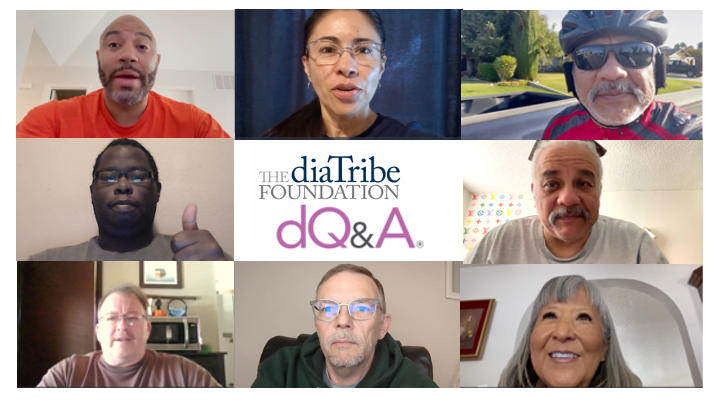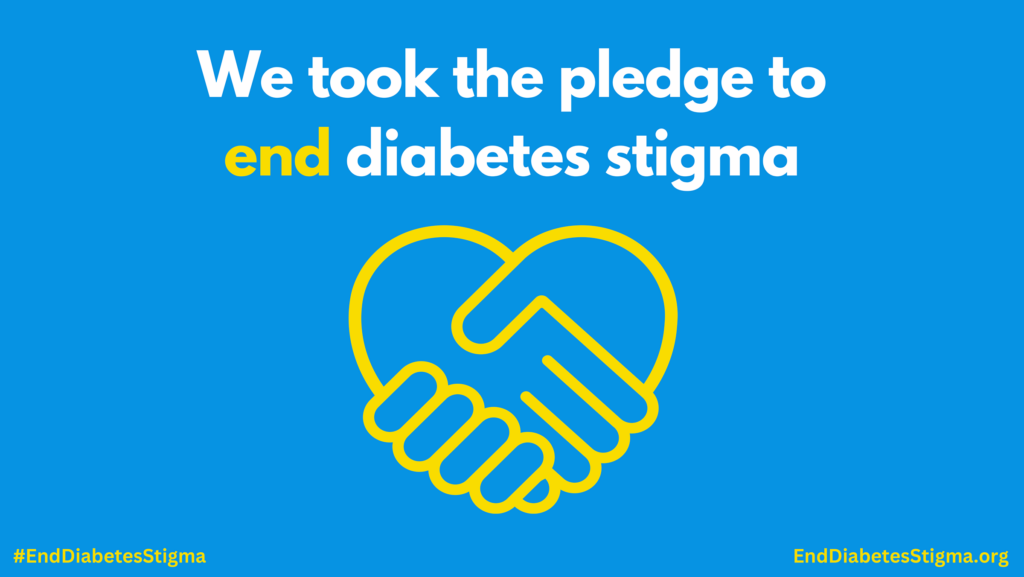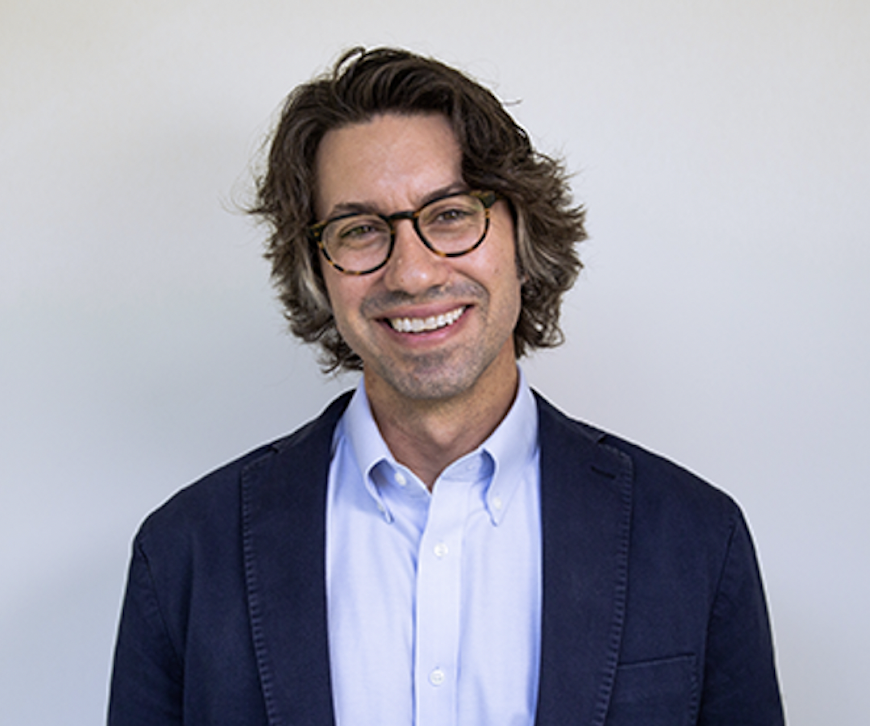Diabetes is a chronic disease. But people with diabetes also experience an equally chronic problem: stigma. Underlying this stigma against diabetes are shared, deeply held assumptions about health that are embedded in American culture. The most common and problematic assumption is that health is primarily a matter of individual responsibility. In other words, health is […]
Resource Cohort: Researcher
Stigmatizing and Fearful Experiences in the Healthcare Setting

The diaTribe Foundation and market research company, dQ&A, partnered on a recent study to better understand people with diabetes’ experiences in the healthcare setting. In particular, we aimed to gain a better understanding of how people with diabetes and their healthcare team discussed diabetes-related complications and whether stigma and fear were permeating these conversations. In […]
Read More… from Stigmatizing and Fearful Experiences in the Healthcare Setting
dStigmatize Language Guide

The way we talk about diabetes, and the way we talk to people with diabetes, is often stigmatizing and judgmental. Our current diabetes language can show a lack of awareness and consideration, and may express conscious or unconscious bias. People with diabetes, their families, and people at risk of diabetes, deserve communications that are clear […]
Diabetes Stigma Article Collection

Learn about the diabetes stigma basics: Read up on the work diaTribe is doing to address diabetes stigma Check out our dSeries Lightning Talks on diabetes stigma: Read stories from members of the diabetes community who detail their experiences with stigma: The portrayal of diabetes in the media is a key contributor to diabetes stigma. […]
diaTribe Foundation and ACBRD Partner to End Diabetes Stigma

San Francisco, USA, and Melbourne, Australia, May 31, 2023 – The diaTribe Foundation and the Australian Centre for Behavioural Research in Diabetes (ACBRD) are excited to announce a new partnership focused on researching and reducing diabetes stigma, housed under diaTribe’s dStigmatize program. This collaboration brings together two leading organizations in the international diabetes community with a shared commitment […]
Read More… from diaTribe Foundation and ACBRD Partner to End Diabetes Stigma
Bringing an End to Diabetes Stigma and Discrimination

Diabetes stigma can negatively impact the health, self-care, well-being, and professional and social lives of people with diabetes. It can also negatively impact impact public and government support and funding for diabetes research, prevention, clinical care, and treatments. To bring an end to diabetes stigma and discrimination, an expert panel of 51 researchers, health professionals, […]
Read More… from Bringing an End to Diabetes Stigma and Discrimination
Research on Stigma From Health Professionals

People with diabetes consistently report experiencing stigma in healthcare spaces and from health professionals. Here are key research findings and interventional studies from leading experts in the field. A Qualitative Study of Perceived Responsibility and Self-Blame in Type 2 Diabetes: Reflections of Physicians and Patients Takeaways Interviews with 19 endocrinologists and primary care providers and […]
Read More… from Research on Stigma From Health Professionals
Foundational Research on Weight Stigma

The field of research on weight stigma is well established. Weight stigma has informed much of the work in diabetes stigma research. The more we understand about the stigma and discrimination people with obesity and overweight experience, the better informed we will be to address diabetes stigma. Here are key research findings from leading experts […]
Foundational Research on Diabetes Stigma

The field of research on diabetes stigma is growing. Researchers are continuing to build on our knowledge of what diabetes stigma is, what its impact is on people with diabetes, and how we can begin to address it. Here are key research findings from leading experts in the field. Bringing an end to diabetes stigma […]
Lightning Talks: Nat Kendall-Taylor on Narrative Framing

Each year, diaTribe hosts the Lightning Talks, a virtual event that brings leading researchers, advocates, and health professionals together to educating people and raise awareness around diabetes stigma. In 2020, diaTribe welcomed the CEO of the FrameWorks Institute, Nat Kendall-Taylor, who introduced us to the science of changing public perceptions through narrative creation and framing […]
Read More… from Lightning Talks: Nat Kendall-Taylor on Narrative Framing